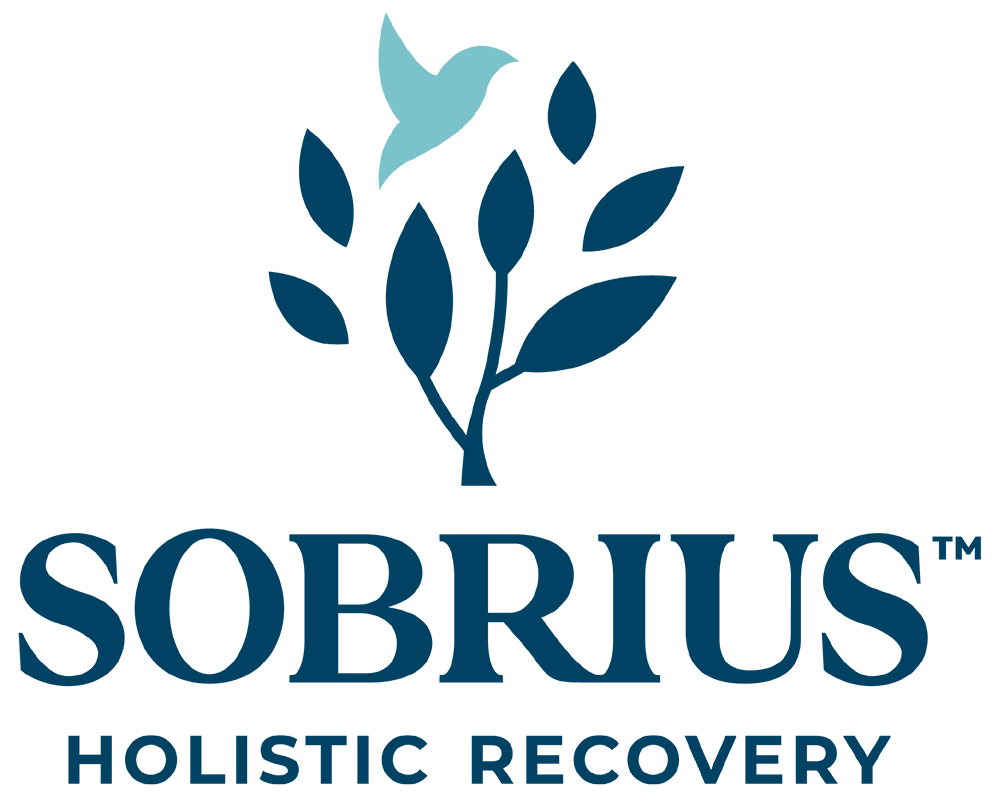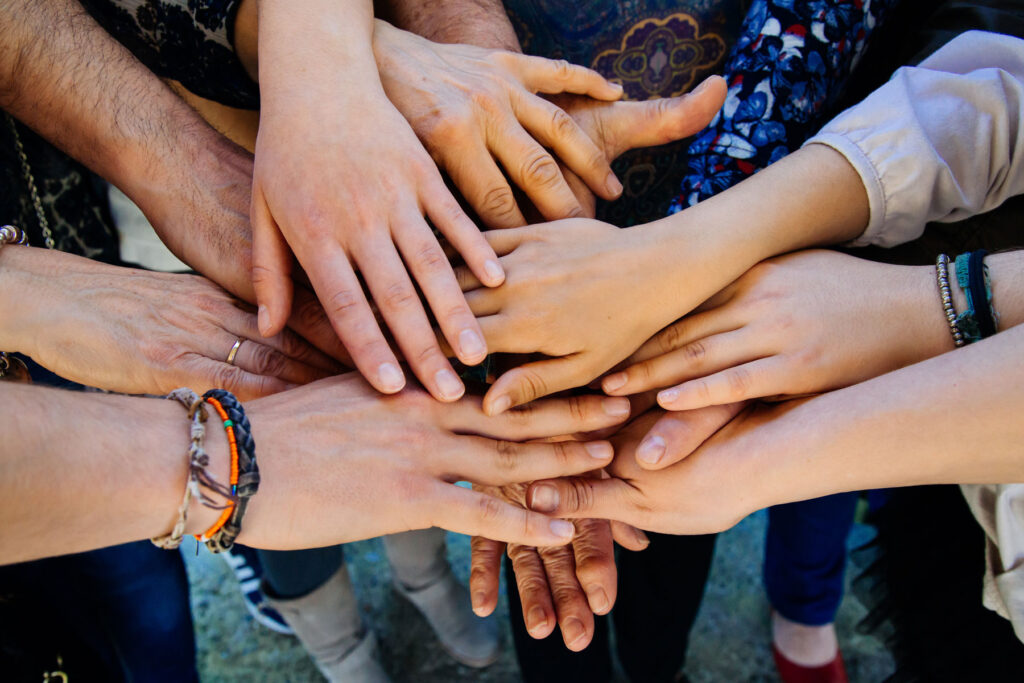Addiction can affect all the relationships in a person’s life. People with substance use disorders can become estranged from their family members, even when they love and care for one another. As a result, clients entering a substance abuse center in Virginia may be concerned that they won’t have family support if relationships have been difficult.
As the primary support group for many people, the role of family in addiction recovery cannot be overlooked. But exactly how does family influence addiction recovery? If you have a loved one on this journey, it’s important to understand how you can impact this process as a family member. At Sobrius, we can help you and your family move forward in the healing process.
Why is family important in the healing process?
While a single individual may be the only one in a family to develop a substance use disorder, addiction can permeate the family unit as a whole. This positions the family as a powerful factor in the outcome of the healing journey.
Some of the benefits of family involvement include:
- Increased emotional well-being, with less isolation and disconnection
- Reduced risk of relapse
- Reduced participation in high-risk behaviors
- Increased accountability
- Better motivation
- Increased feelings of self-value
- More consistent support
Why is family important in the healing process if every person is responsible for their own recovery? Family doesn’t take the place of personal responsibility, but family members can certainly help their loved ones stay motivated and encouraged.
What is the role of family members in rehabilitation?
There are three main roles family members can fulfill when a loved one is in recovery.
Support
Support is not enablement. Enabling someone encourages dangerous behaviors. On the other hand, support includes actions like encouraging them to enter treatment, celebrating their progress, and being reasonably available when they need a friend.
Accountability
Accountability requires the person in recovery to be honest with themselves and others. This can help ensure progress is happening and identify obstacles that may be hindering it. As a family member, you can provide a gentle source of accountability, allowing your loved one to stay on track with someone familiar to them.
Boundaries
Boundaries protect the well-being of all family members and create a framework for rebuilding relationships. One example of a healthy boundary is telling a loved one that you will no longer give them money for substances or pay their way out of legal problems.
When you set these boundaries, you help guide your loved one into navigating their daily life and relationships without the substance.
Why is family important in recovery for the long term?
Another key way families influence recovery is through longevity. Why is family important in recovery on a long-term basis? Recovery is an example of collective healing. Families who go through the process together come out stronger, closer, and healthier overall. This can set your loved one in recovery up for continued success.
It’s also important to note that addiction and the trauma related to it generally don’t happen in a vacuum. Other family members may be experiencing mental health concerns, such as depression or anxiety, which can impact not only the outcome of addiction recovery but its beginnings as well.
The answer to the common question, “How does family influence addiction?” is complex. Children who grow up with parents struggling with untreated mental health concerns may have a higher risk of developing a substance use disorder.
This is why the role of family in addiction recovery is primarily to acknowledge shared trauma and take steps to heal together.
Schedule an appointment to tour the substance abuse center in Virginia at Sobrius
If you’re wondering, “What is the role of family members in rehabilitation?” the answer may depend on how willing the family members are to work through shared trauma together. Families help support recovery by offering accountability, setting healthy boundaries, and providing support that empowers instead of enables.
If your loved one needs or is considering an addiction treatment program in Virginia, there are many healthy ways for you to be involved. Call Sobrius at 888.596.6514 to learn more about the family’s role and how our programs can help today. You can also reach us using our convenient online contact form and we’ll get back to you.

